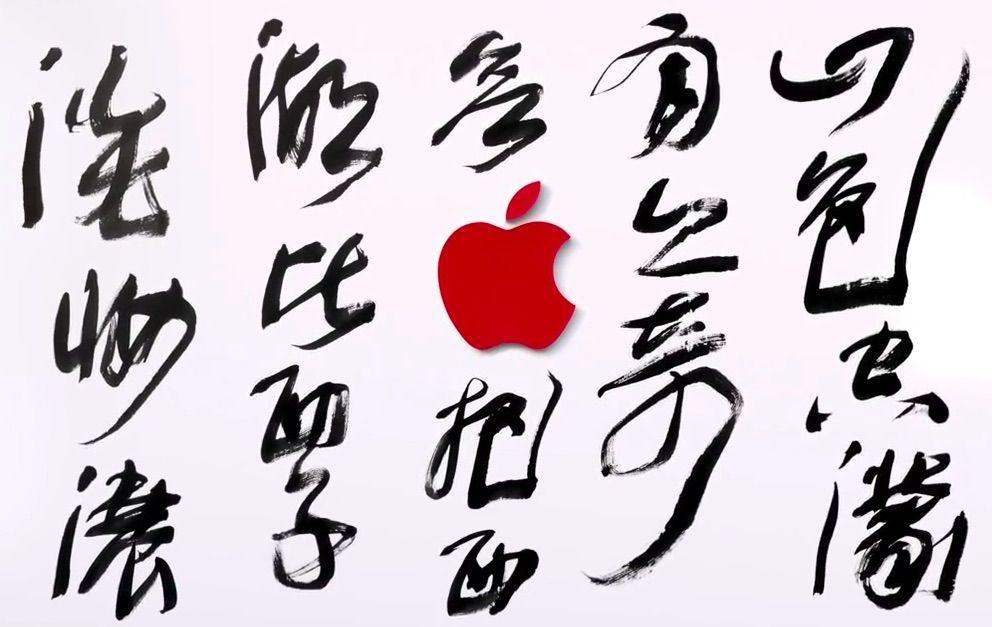In a disastrous turn of events, Apple may have lost up to half its market share in Greater China, analysts report.
A combination of poor adoption of Apple’s latest generation of iPhone handsets and increased competition from domestic handset makers like Huawei and Oppo might have slashed Apple’s business in a market Tim Cook is convinced is Apple’s biggest hope.
Ahead of Apple’s latest quarterly earnings this week, analysts are forecasting what they expect to hear from Apple regarding the post-holiday period — and into the future. And when it comes to China, that’s nothing good.
Morgan Stanley analyst Katy Huberty expects “continued weakness in China” for Apple that will carry on through the coming quarter. Morgan Stanley thinks Apple’s overall market share in China is currently down to around 18 percent. Analysts at both IBS and Nomura are also predicting “weak” performance reports from Apple.
The issue may not be that Apple is doing terribly, so much as that previous monster quarters have geared investors up to expect bigger things. The biggest year for Apple in China was 2015, when 71 million iPhones sold in the Greater China region. One year later, this fell to 59 million; followed by 49 million in 2017, and a predicted 47 million this year.
The central problem may well be a heightened version of what Apple is finding in markets like the U.S.: the iPhone X is simply too expensive for many consumers, and rival manufacturers have stepped up their game over the past several years.
Even among China’s top-tier customers, UBS thinks that Apple’s share of the smartphone market has fallen from 40-50 percent in 2015 to 20-30 percent today.
Other challenges for Apple to face
Falling iPhone demand isn’t the only battle that Apple has on its hands in China. The company has also experienced numerous setbacks in the form of conflict with the Chinese government.
Previously, Apple has been forced to accept the Chinese government’s demands that it run network safety evaluations on all Apple products before they can be imported into the country. It has also seen its products booted off the list of approved state purchases in favor of Chinese-made products, and been forced to shut down its iBooks Store and iTunes Movies in the country — just six months after the services were first made available.
More recently, Apple banned Skype and several other voice over internet protocol apps from the App Store in China because they do not comply with local law. Apple additionally courted criticism by agreeing to transition iCloud accounts registered in China to state-run Chinese servers.
Despite this, Tim Cook remains convinced that China represents Apple’s biggest potential market over the long run. As the size of China’s burgeoning middle class continues to grow, that may turn out to be the case. However, if analysts are correct, it seems that Apple may first experience a dose of disappointment in the country.
Via: Business Insider


